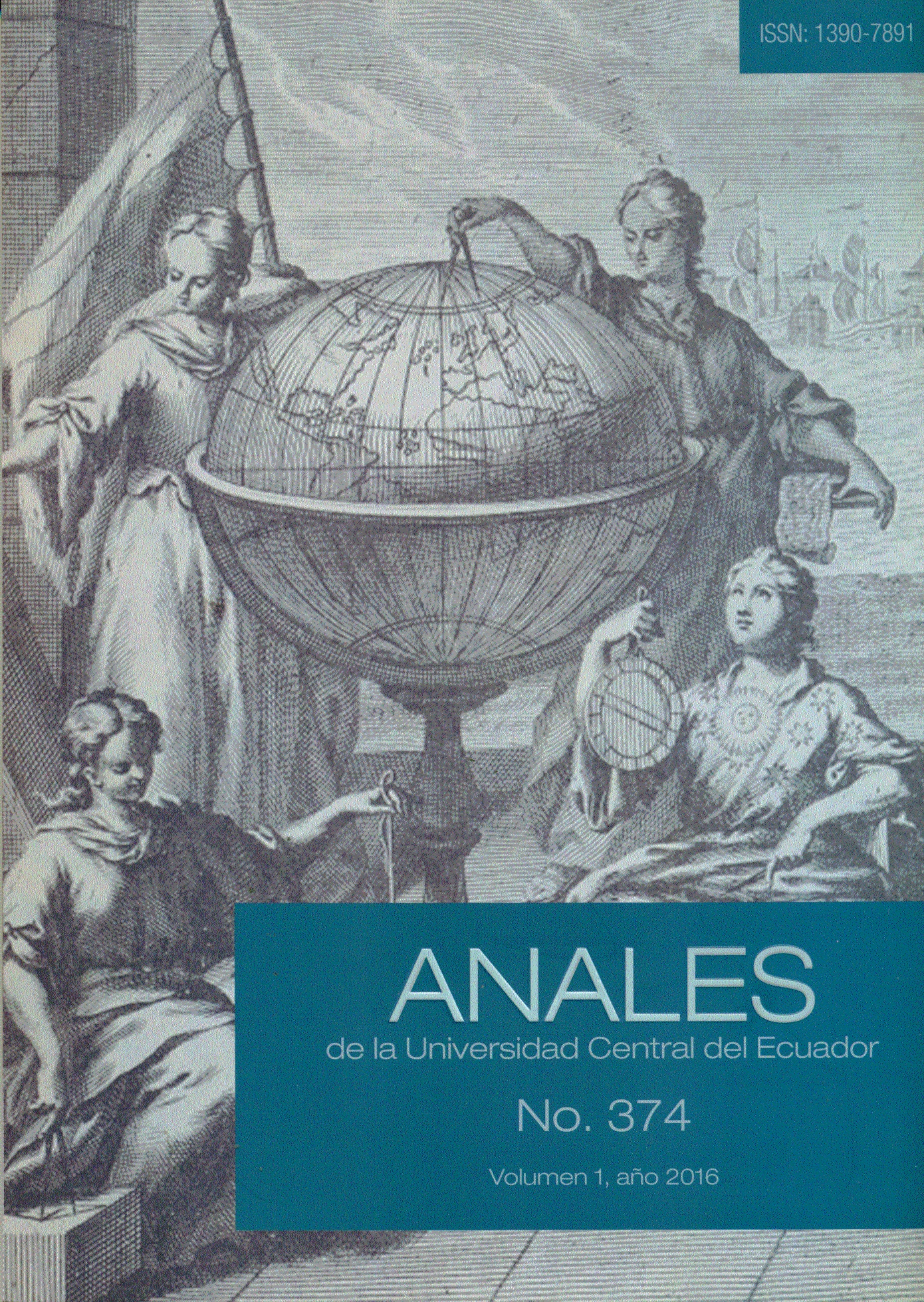¡Oh pulpo de mirada de seda! sexualidad y erotismo en los cantos de maldoror de Lautréamont
DOI:
https://doi.org/10.29166/anales.v1i374.1376Keywords:
Lautréamont, The songs of Maldoror, poetry and sexualityAbstract
Sexuality at Les Chants de Maldoror (1869) by Isidore Ducasse, Lautréamont, has been interpretated extraliteraly, since psychoanalysis the study by Marcelo Pichon-Rivière, since phenomenology and the poetics of reverie by Gaston Bachelard. Bachelard exposed a bestiary where the forms: claw and ventouse are symbols of rips and sunction, the last one of extended sexual pleasure. In the middle of a viscouse darkness where Les Chants are developped, dazzles an exacerbated eroticism: the sexual encounter with a female shark, the immaculated hermaphrodite and the love for Dazet, the colleague of Studies of Ducasse, the “octopus of the silky glance!”. Maldoror is unable to recognize himself in the other or in front of a mirror, leading to the metamorphosis: Dazet into an octopus, male and female into an hermaphrodite,
and a women into a shark. An implicit homosexuality, hidden is the only way in which Maldoror could love
References
Bachelard, G. (1997). Lautréamont. (Trad. de Angelina Martín del Campo). México: FCE. (1939).
BBC Mundo. (2017). Muere Robert Spitzer, el psiquiatra que desmintió que la homosexualidad fuera una enfermedad BBC Mundo. [online] En: http://www.bbc.com/mundo/noticias/2015/12/151228_ciencia_muere_robert_spitzer_psiquiatra_homosexualidad_ch [Consultado 7 Jun. 2017].
Blanchot, M. (1990). Lautréamont y Sade. (Trad. Enrique Lombera Pallanes). México: Fondo de Cultura Económica. (1963).
Ducasse, I. (2001). Poesías. (Trad. de Braulio Arenas). México: Coyoacán. (1870).
Lautréamont, C. (2004). Los cantos de Maldoror. (Trad. de Manuel Serrat Crespo). España: Cátedra. (1869).
Lefrère, J. (2008). Lautréamont. París, Francia: Flammarion.
Nichols, S. (1989). Jung y el tarot. (Trad. Pilar Basté). Barcelona, España: Kairós.(1980).
Pichon-Rivière, M. (1992). Psicoanálisis del conde de Lautréamont. Argentina: Argonauta. (1946)


